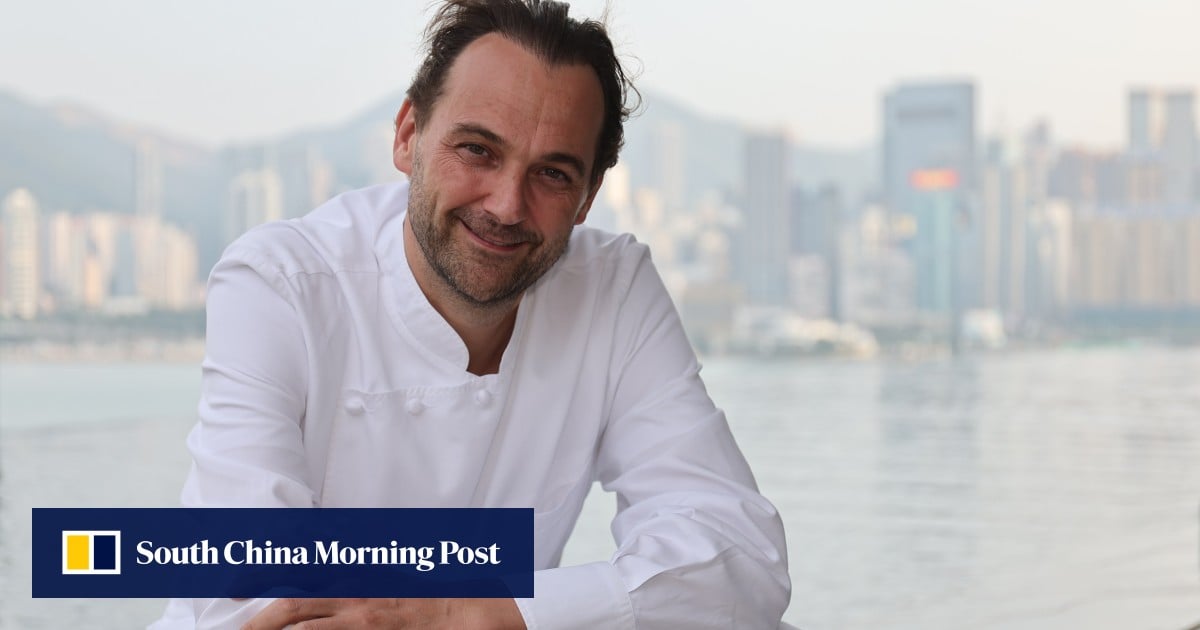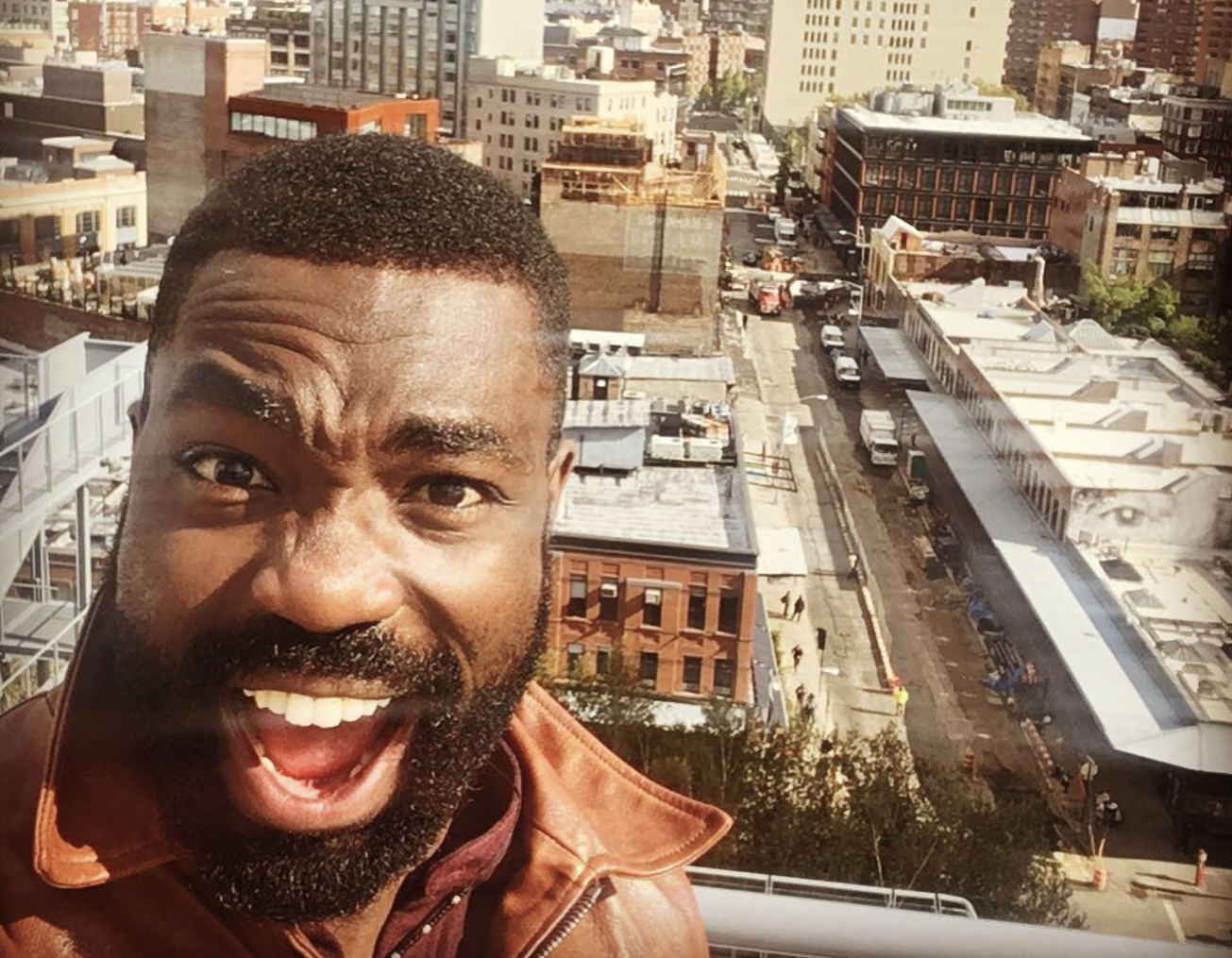It presented him a chance to give back to the community. “I turned the restaurant into a community kitchen,” says the 47-year-old chef. “I co-founded an organisation called Rethink Food to prepare meals for people in need. And that’s what we did for two years during the pandemic.
“That changed everything. For the first time in my life I felt I had the responsibility to use my voice for change.
I’m not anti-meat, but I’m pro-planet
“You don’t need to be an expert to understand that there is a problem with our food system and the only way forward is to push plant-based eating.”
Humm sees the environmental impact of eating meat and dairy products as the leading human activity contributing to climate change.
According to a study in the journal Science, producing meat and dairy products takes up 83 per cent of global farmland, yet they provide just 18 per cent of human calories and 37 per cent of global protein.
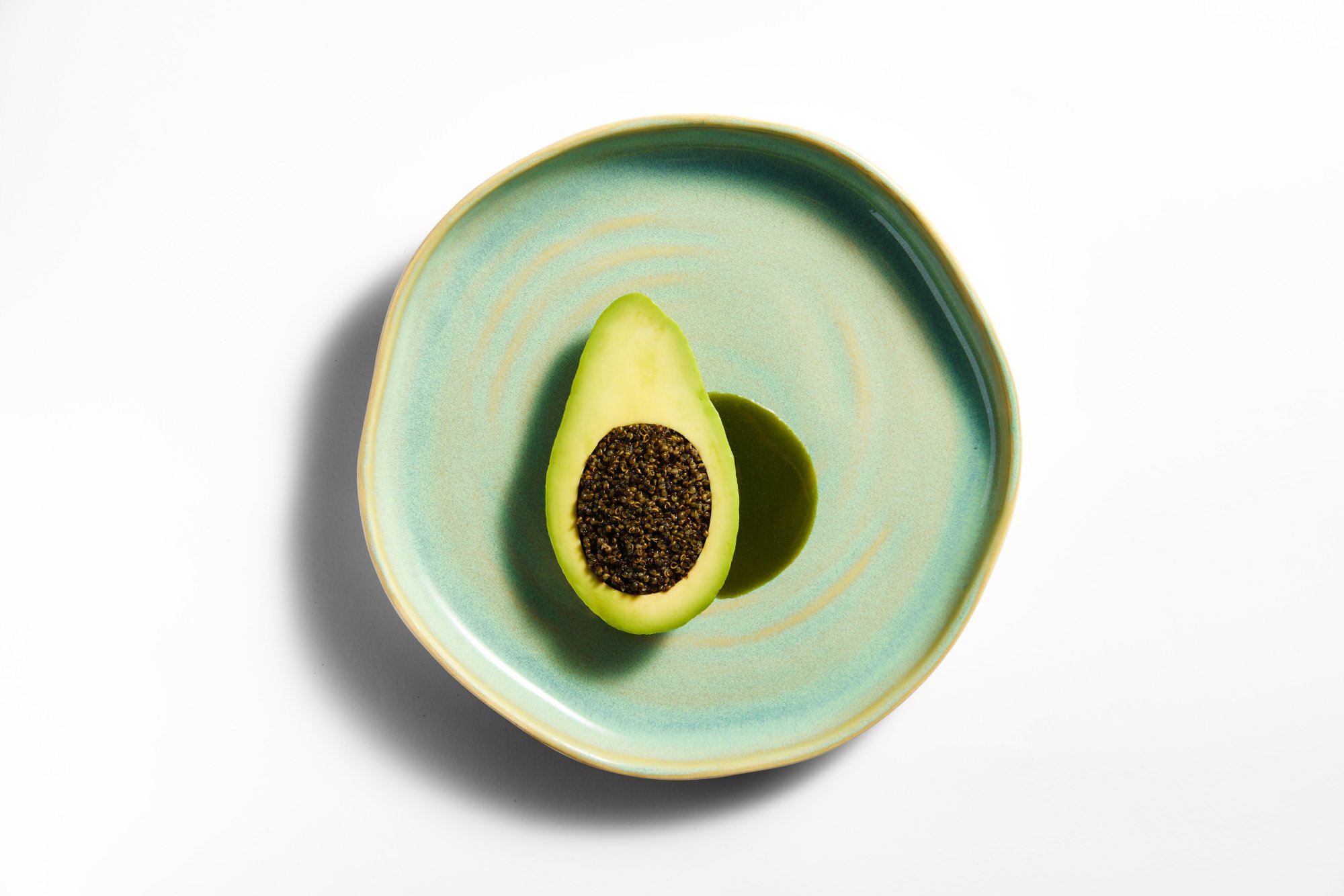
It’s not just meat and dairy products. Humm feels that luxury food items such as caviar do more harm than good to the environment, the animal kingdom and the consumer.
“Caviar is not a luxury ingredient at all today,” he says. “The fish are farmed in the middle of nowhere, there’s way too many fish in the tanks and it doesn’t taste good. You can try caviar at the airport now. It’s just not a luxury ingredient.”
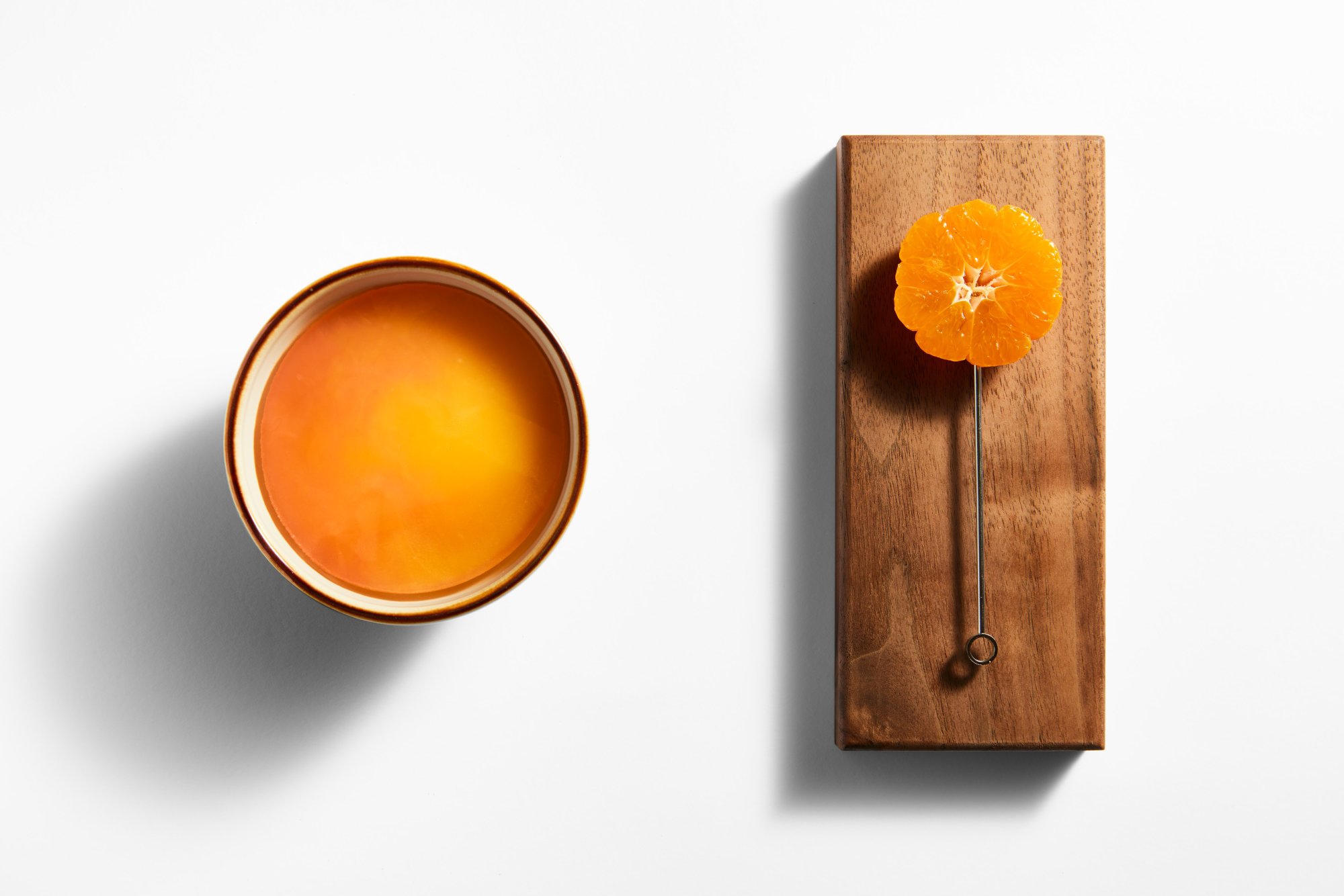
Eleven Madison Park started as a casual French brasserie in New York in 1998. Humm joined in 2006 and turned it into a fine-dining restaurant that within six years earned three Michelin stars. In 2017, it was named the World’s Best Restaurant.
Eleven Madison Park was only the second restaurant in the United States to earn the latter accolade, one it shared with restaurants such as El Bulli in Spain, The Fat Duck in the UK and Noma in Denmark.
While Humm has been reported to be a vegan, he clarifies that he follows a flexitarian diet.
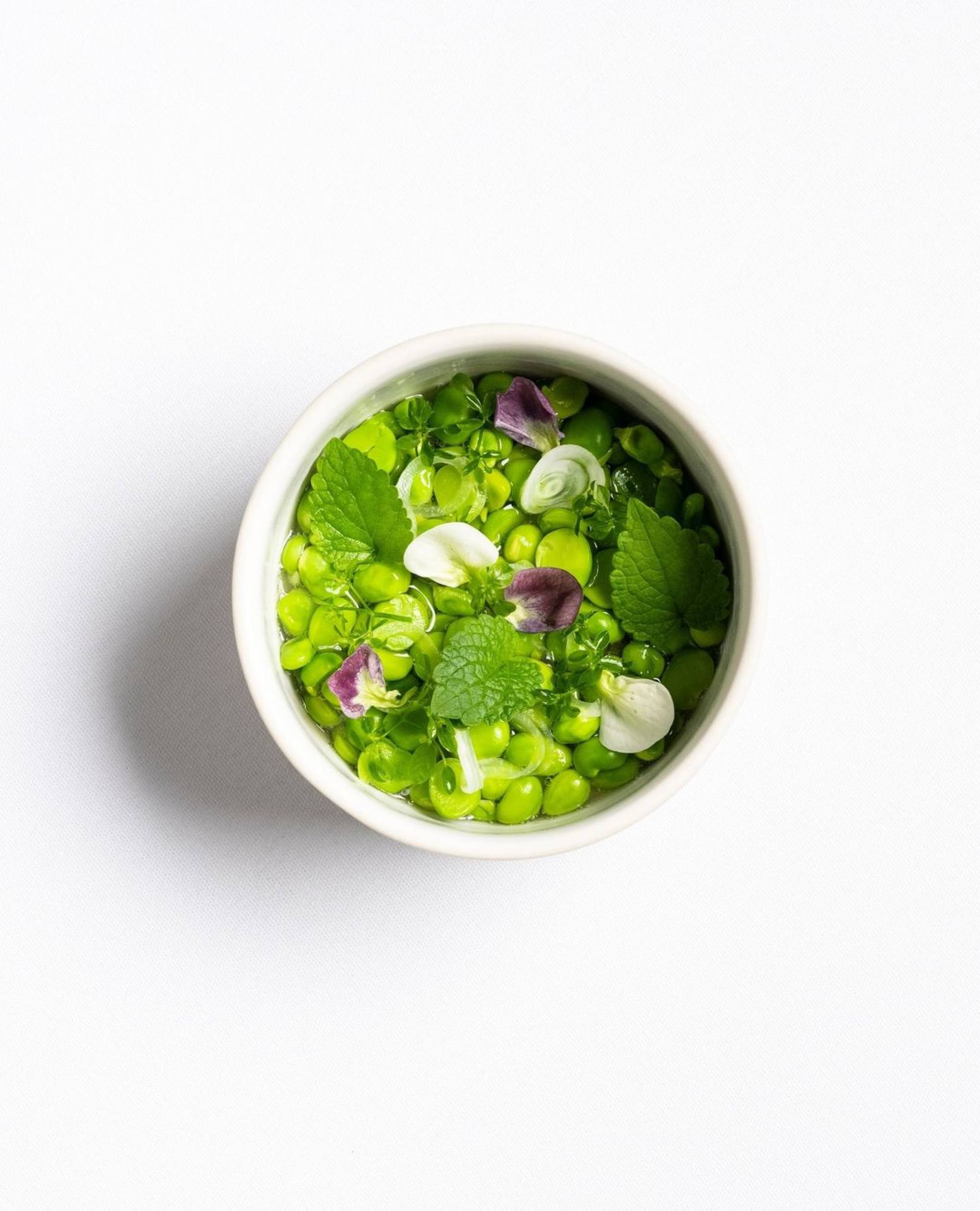
“It’s not like a religion for me,” he explains. “If I go to a place that is world famous for its chicken, I will try it; or if I go to someone’s house and they just cooked meat, I will have it and I will enjoy it. I’m not anti-meat, but I’m pro-planet.”
The chef is careful with his words because he believes that people need to be in agreement to move an agenda forward.
“We are not going to make progress with extremism. We need to be open and welcoming. In terms of climate change, there is nothing more powerful you can do than to choose what’s on your plate. So every time you choose not to eat meat, it’s making a difference.”

